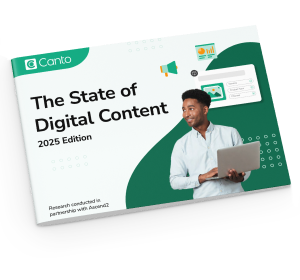The unique power of digital property
| January 14, 2020

Digital property has changed the way people look at value and items of value. We no longer think in terms of concrete items as the only things worth value. So what is it and why should you care? Here’s a breakdown that will uncover some important details for you and guide you to make informed decisions in the future.
What is digital property?
Digital property is electronic information someone either creates or owns. This data is either housed online in a cloud file storage or in a physical format. It also covers the necessary files, codes or information required in order to gain access to a specific digital file of value.
For example, if someone has money in vault or safe, the key or digital code to the vault is of the same value as the safe itself. Similarly, the password to a cloud account where valuable items are stored is essentially digital property in and of itself.

Why is digital property important?
Digital property is important for a lot of different reasons. One is that it allows societies and governments to regulate valuable items that are more abstract than traditional property. If, for example, we didn’t recognize it as a valid term and didn’t offer any protection to one’s digitally-owned items, someone could steal a website domain worth millions of dollars with no consequence and profit off it themselves. However, we establish that this term and all it encompasses is in fact real, and people can in fact own these valuable items, however abstract they may be.
Another reason digital property is important is it allows companies to create valuable assets for themselves in new and exciting ways. Whether it’s a powerful social media presence, website or blog, digital property acts as a boost to a company’s bottom line. Keep in mind also that as technology changes, digital property will become even more valuable.

Different types and variations
There are some basic things that one might consider digital property, though these are the least prevalent forms of the term. Items such as computers, external drives and mobile devices are in this category. The reason they might qualify is they have access to stored items of value. However, it centers around things like websites, online accounts and copyrighted materials.
Some of these are worth more than others. For example, we value access to a personal email less than a business email account, though both are digital properties. Similarly, a social media account could be monetarily on a completely different end of the spectrum than another. Some accounts are worth millions of dollars while some are worth none. Of course, this value doesn’t change the fact that digital property doesn’t necessitate worth or value. However, seeing that some digital properties are worth more than others helps validate the term. This further paves the way for the digitally-uninformed to understand how something typically non-physical has worth.
So where do we go from here? Certainly, it’s risky to ignore the potential value. If you’re a company yet to take advantage of some of these revenues, consider looking at different ways it could promote your business and increase your efficiency. Remember, most of all, that digital property allows for a lot of ‘useless’ or ‘non-financial’ items to gain value.
